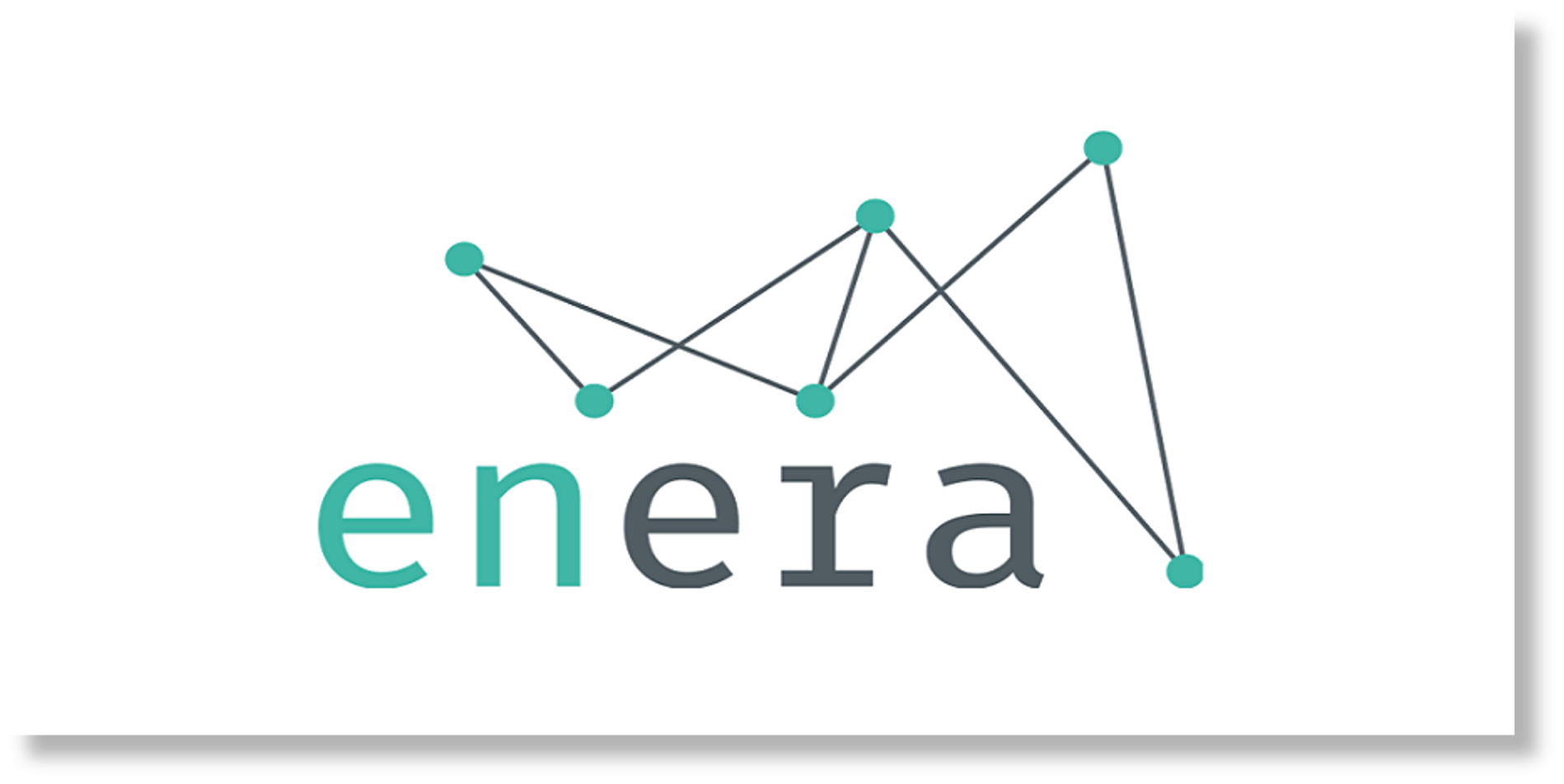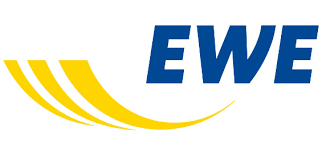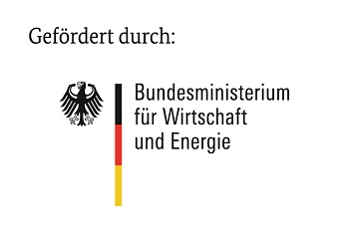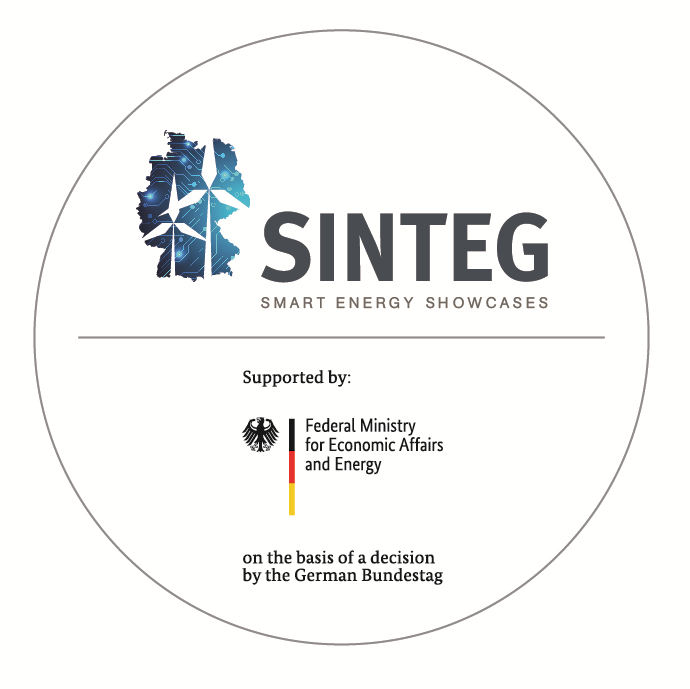
About the project:
Enera is part of a funding program of the Federal Ministry for Economic Affairs and Energy called „Smart Energy Showcases – Digital Agenda for the Energy Transition” (SINTEG). The program includes a practical test over four years and is designed to show how future-proof energy systems can be applied on a large scale. The project enera is pooling expertise in a network of 32 consortium partners (more 75 partners in total): including business, research and government. Northwest Germany is an ideal test region as it is characterized by large quantities of distributed generation, especially from on and offshore wind farms, and a renewable energy share of 200 percent of electricity consumption.
The Bremen Energy Research group coordinates the regulatory analysis in enera. Overall, the goal is to develop an institutional design that enables the efficient facilitation of the energy transition and digitalization. Our work focuses on the intersection between the network operator and market parties that could provide flexibility to stabilize the grid. We take four different perspectives in our project.
Roles and responsibilities
With regional smart markets and digitalization, new roles in the energy system evolve and existing roles need to adapt to the changing environment. In our analysis we focus on new roles in the context of digital platforms in the energy sector. Furthermore, we analyze how the institutional environment can facilitate the interaction between distribution network operators and regional flexibility markets.
Incentive Regulation
The distribution system operator (DSO) is a key player in the context of smart grids. It is responsible for major parts of the necessary investments and innovations. Moreover, new roles and responsibilities in active network management emerge that increasingly blur the boundary between regulated and market activities. We analyze how the regulatory framework needs to be adapted to allow and incentivize the DSO to take the economically most efficient measures.
Network charges
The distribution grid is a key infrastructure for smart markets. Network charges currently mostly serve to recover regulated cost. In the context of flexibility needs, however, they may additionally send signals for efficient use of the infrastructure. We analyze how network charges can convey utilization and expansion of distribution networks and assess interactions with signals from flexibility markets.
Flexibility
When talking about smart grids and local flexibility markets, one usually thinks of a network operator that optimizes the grid. Unfortunately, network is in practice often operated by several network operators, each responsible for a different voltage level. We develop innovative coordination mechanisms that allow independent network operators to optimize the grid as a whole with the help of the smart markets. Furthermore, we evaluate regulatory challanges associated with coupling of monopoly infrastructures from different sectors.
More information:
Website of Enera (German)
Website of Enera (English)
Project duration:
01/2017 - 12/2020
Contact:
Marius Buchmann
Bremen Energy Research
Phone: +49 421 200 4868
Email: m.buchmann@jacobs-university.de


